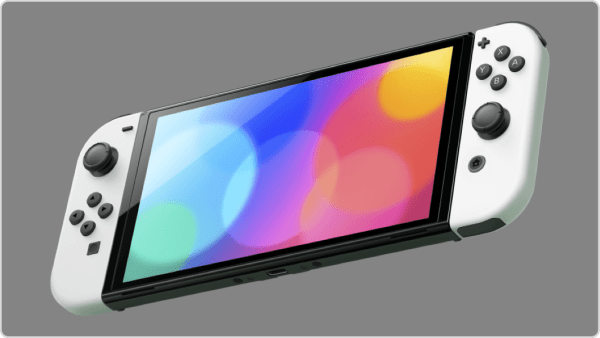Mark Zuckerberg vs. The FTC: Inside Meta's High-Stakes Battle Over Instagram and WhatsApp

In a closely watched antitrust trial, Meta CEO Mark Zuckerberg defended the company’s acquisitions of Instagram and WhatsApp, insisting that Meta’s growth through these deals did not violate competition laws. However, a surprising revelation from the courtroom was that Zuckerberg had anticipated legal scrutiny years ago, even suggesting internally that spinning off Instagram might be necessary in the future.
The trial, which features over 10 hours of testimony from Zuckerberg, centers on the Federal Trade Commission’s accusation that Meta unfairly built a social media monopoly by purchasing potential competitors. Zuckerberg pushed back on this claim, stating that the rapidly changing digital landscape—and not anti-competitive behavior—is what has driven users toward newer platforms like TikTok and YouTube.
Evidence presented in court included internal emails from 2018 in which Zuckerberg acknowledged the growing sentiment to break up big tech. He noted that Instagram and WhatsApp might need to be spun out in the future to avoid regulatory pressure. At the time, he argued that Meta’s "family of apps" model could eventually become a liability for Facebook, despite never acting on that proposal.
Documents also showed that well before the acquisitions, Zuckerberg had identified Instagram and WhatsApp as growing threats. In 2011, he recognized that Facebook Camera was falling behind Instagram’s mobile photo-sharing capabilities. By 2012, Facebook bought Instagram for $1 billion, and two years later acquired WhatsApp for a staggering $19 billion—moves driven by a desire to neutralize rising competition.
During cross-examination, Zuckerberg stated that after meeting WhatsApp’s co-founder Jan Koum, he believed it was highly unlikely the app would develop features that would rival Facebook. Nonetheless, internal communications from that era revealed anxiety within Meta’s leadership, including fears that Google might purchase WhatsApp first.
Beyond the legal issues, Zuckerberg acknowledged in court that Facebook is no longer primarily used for sharing among friends. Internal data from 2022 confirmed a decline in friend-sharing activity. Zuckerberg suggested that direct messaging is now replacing public content sharing, as users increasingly prefer private communication over public feeds.
Zuckerberg also addressed the growing dominance of YouTube and TikTok, particularly among younger users. He credited YouTube’s success to improved mobile technology that supports richer media experiences. Despite this, Meta remains a dominant force in the U.S. market, owning several of the most widely-used platforms—an influence the FTC is now trying to challenge through this lawsuit.
What's Your Reaction?
















:format(webp)/cdn.vox-cdn.com/uploads/chorus_image/image/70136881/1347078605.0.jpg)





